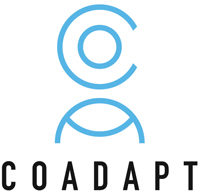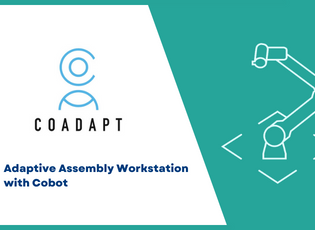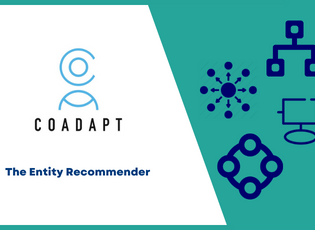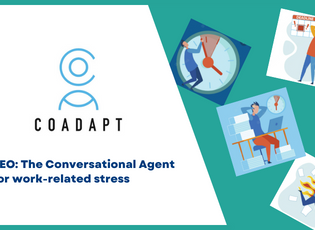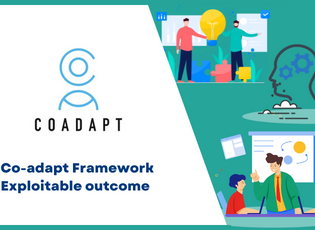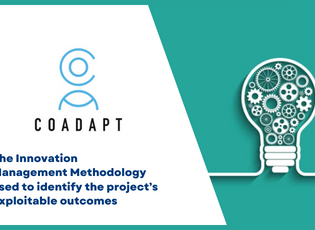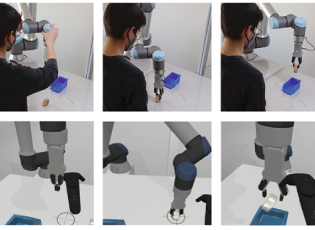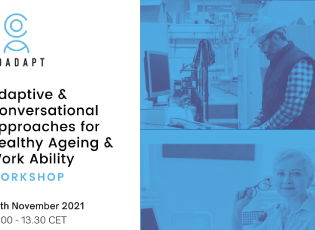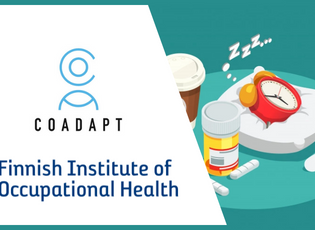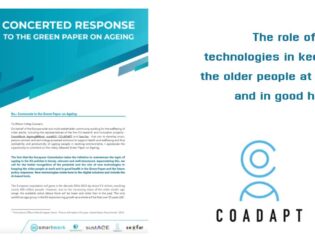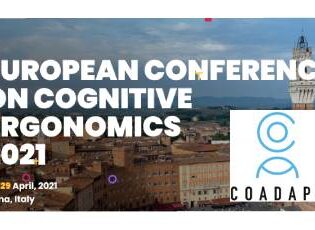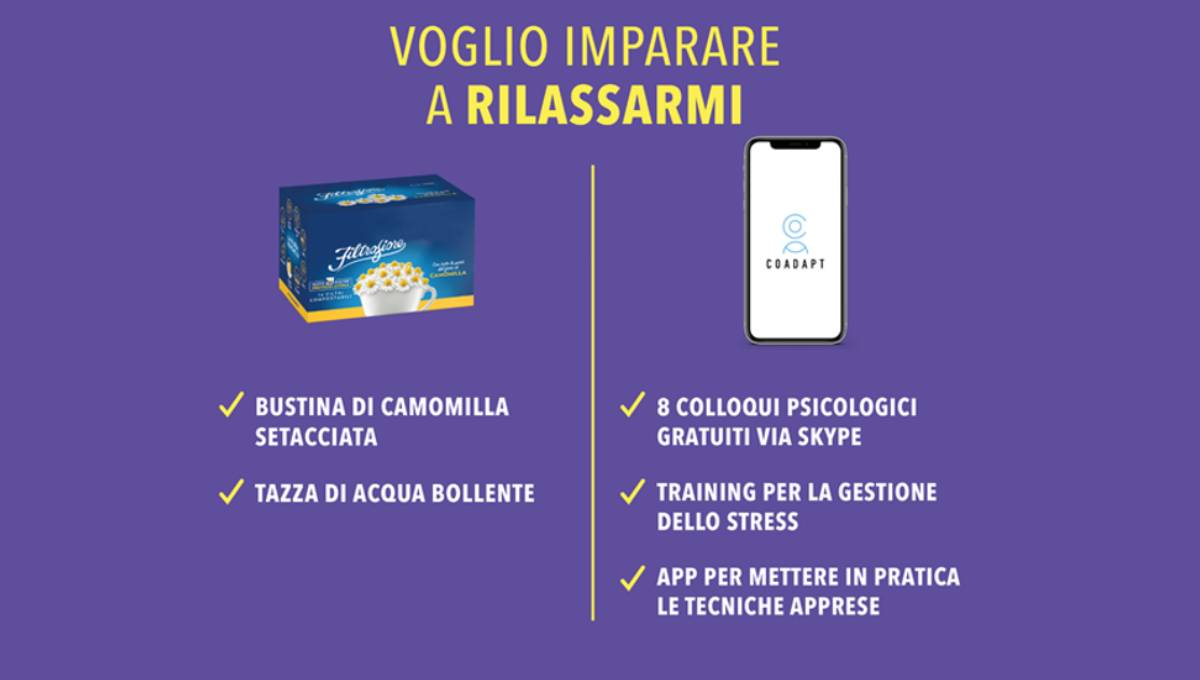
Co-Adapt is a research project funded by the European Commission which aims to support psychological well-being and improve the quality of life of people thanks to the support of Artificial Intelligence (A.I.) tools.
Within the Co-Adapt project, IDEGO – Digital Psychology and the University of Trento are developing an A.I. called Conversational Agent, able to interact with the person, to recognise their states of anxiety and stress, as well as to support them with a set of techniques from psychotherapy and psychological counseling.
To assess the level of psychological well-being and stress, participants receive questionnaires to fill out online.
During the Research participants are involved in Stress Management Training (SMT) meetings, a scientifically validated Psychological Protocol thanks to which it is possible to learn different strategies to manage more effectively the states of anxiety and psychological stress.
The first phase of the second round started indicatively in September/October 2020 and the last phase in May 2021. Finally, the first phase of the third round started indicatively in February/March of 2021 and the last phase will end approximately in September 2021.
During the experimental phase of the first round, contacts were built directly with public and private entities.
All the contacted subjects showed considerable interest in the themes of the project, but unfortunately, the Covid-19 emergency caused a delay in the scheduling of the program. In particular, the emergency generated several problems for the recruitment of the candidate subjects for the second round. Part of the strategy was in fact based on in-person seminars, information points in workplaces, one-on-one interviews, and the distribution of information brochures by hand.
Together with the subjects (public and private) that had shown interest in the project, we rescheduled the recruitment phase. The entire communication strategy has been revised so that it can be carried out exclusively online. Protocols have been constructed with public and private entities that have been submitted to various safeguards committees for review and have required a certain amount of time for approval. In addition, an overall communication strategy was designed that could be replicated across multiple sites.
Recruitment occurred through the use of a strategy with diversified messages and channels: text messages, graphics, videos, and the use of channels/platforms such as email, YouTube, Zoom. The website was revised to make the communication and application to the project clearer. In addition, articles were written and blogged to increase interest in the project.
The focus of the recruitment campaign was a series of webinars during which the topic of psychological stress, difficulties in adapting to change, were presented both with the project in all its parts (duration, objectives and methodology) was addressed.
In agreement with the subject (public or private) we planned to send to employees (with internal emails) some information about the webinars.
Figure 1 shows the communications diagram :
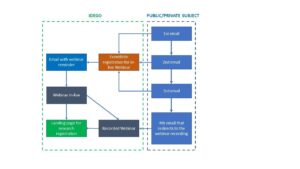
By the end of November 2020, 40 adhesions had been collected; of these, 28 subjects participated in the second round of the research and completed all phases.
Some subjects who had sent adhesions were not found to be compatible for participation in the intervention and some dropped out voluntarily during the intervention weeks.
Subjects that completed all phases had an average age of 55.07 years (40 min – 65 max), 35.7% male and 64.3% female. The second round of experimentation lasted from December 2020 to May 2021.
According to the schedule, recruitment of the third round took place in the months between December 2020 and January 2021. Unfortunately, there was a surge of COVID-19 cases in Italy, many restrictions were reintroduced, and we had to change our planned strategies. Also the municipalities contacted were not able to guarantee an effective recruitment campaign.
Due to the issues that emerged, a recruitment was conducted for the third and final round through the use of social media, in particular Facebook.
The purpose was to track down an adequate number of subjects to reach the target number of people as planned.
We chose Facebook because – while teens use more Instagram and Tik Tok, the over 55s represent the second most important audience for Facebook (see for example 27 Facebook Demographics to Inform Your Strategy in 2021 and Is Facebook for old people? Over-55s flock in as the young leave). In this way, we could collect a sufficient number of people to create four experimental groups, one of which was a control group.
Figure 2 shows the data of the three campaigns.
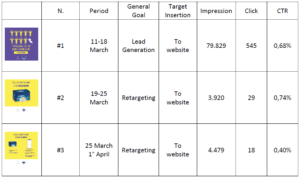
We have produced simple to understand graphics, like for example comparing the CO-ADAPT intervention with chamomile as a solution to face stress (Figure 3).
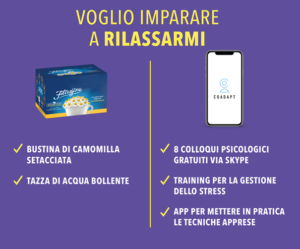
The goal of the campaign was to get people to reach our website and get a number of them enrolled in the experimental research. In this way we got:
– 89,000 impressions: Impressions are the number of times an advertisement is viewed by a user for the first time.
– 590 clicks: The number of clicks on link within the advertisement that redirected to the CO-ADAPT website.
The Facebook campaign allowed us to recruit 50 people, from which we selected the ones to be included in the third round of the data collection. In addition, other subjects who had sent their adhesion to the second round of data collection too late to be included then, are now part of the third round sample.
The total number of subjects who participated in the third round was 60, 71.6% female and 28.3% male. A mean age of 55.48 years, min 42 and max 68.
The trial officially started in April 2021. We are looking forward to collecting the results
